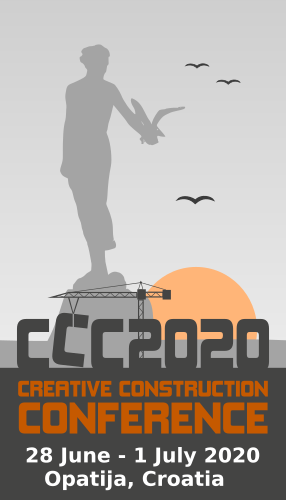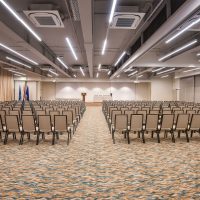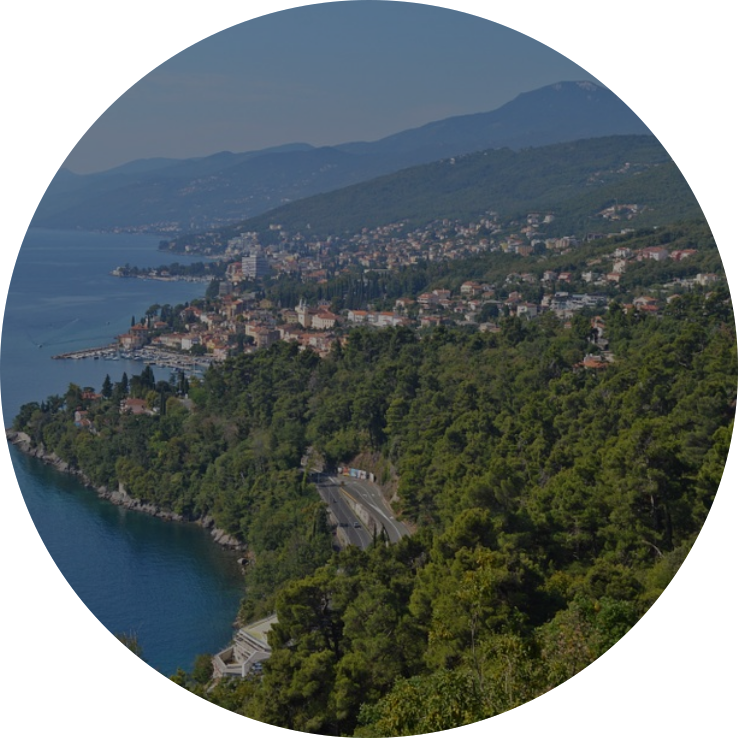Venue
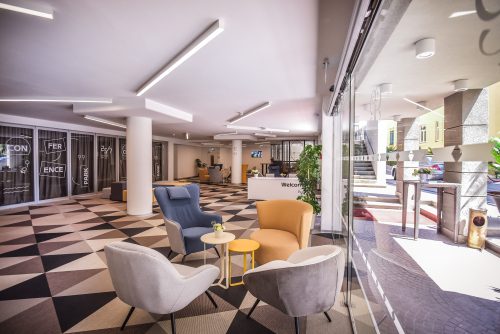
Amadria Park
Conference Park 7/25
Viktora Cara Emina 6, 51410 Opatija
Croatia
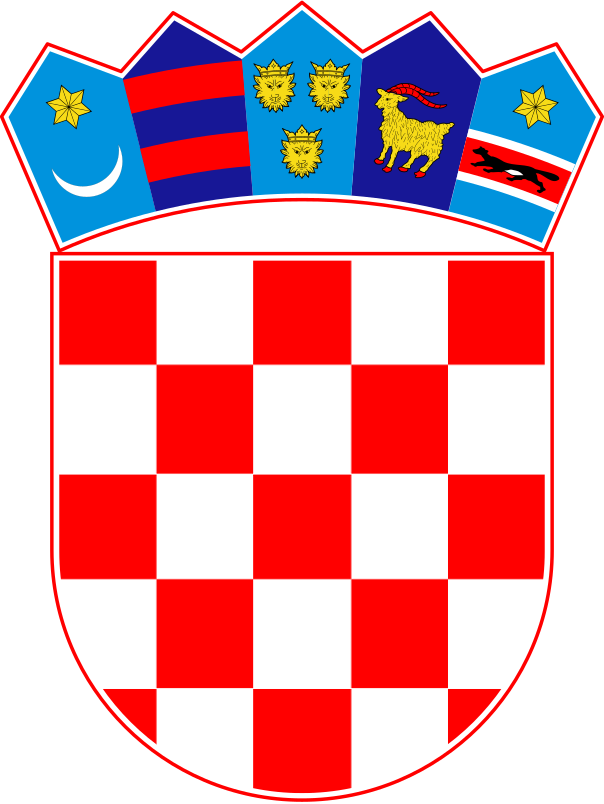 Croatia, officially the Republic of Croatia, is a sovereign state at the crossroads of Central Europe, Southeast Europe, and the Mediterranean. Its capital city is Zagreb, which forms one of the country’s primary subdivisions, along with its twenty counties. Croatia covers 56,594 square kilometres (21,851 square miles) and has diverse, mostly continental and Mediterranean climates. Croatia’s Adriatic Sea coast contains more than a thousand islands. The country’s population is 4.28 million, most of whom are Croats, with the most common religious denomination being Roman Catholicism.
Croatia, officially the Republic of Croatia, is a sovereign state at the crossroads of Central Europe, Southeast Europe, and the Mediterranean. Its capital city is Zagreb, which forms one of the country’s primary subdivisions, along with its twenty counties. Croatia covers 56,594 square kilometres (21,851 square miles) and has diverse, mostly continental and Mediterranean climates. Croatia’s Adriatic Sea coast contains more than a thousand islands. The country’s population is 4.28 million, most of whom are Croats, with the most common religious denomination being Roman Catholicism.
The Croats arrived in the area of present-day Croatia during the early part of the 7th century AD. They organised the state into two duchies by the 9th century. Tomislav became the first king by 925, elevating Croatia to the status of a kingdom. The Kingdom of Croatia retained its sovereignty for nearly two centuries, reaching its peak during the rule of Kings Petar Krešimir IV and Dmitar Zvonimir. Croatia entered a personal union with Hungary in 1102. In 1527, faced with Ottoman conquest, the Croatian Parliament elected Ferdinand I of the House of Habsburg to the Croatian throne. In 1918, after World War I, Croatia was included in the unrecognized State of Slovenes, Croats and Serbs which seceded from Austria-Hungary and merged into the Kingdom of Yugoslavia. The fascist Croatian puppet state backed by the Fascist Italy and Nazi Germany existed during World War II. After the war, Croatia became a founding member and a federal constituent of Socialist Federal Republic of Yugoslavia, a constitutionally socialist state. On 25 June 1991 Croatia declared independence, which came wholly into effect on 8 October of the same year. The Croatian War of Independence was fought successfully during the four years following the declaration.
A unitary state, Croatia is a republic governed under a parliamentary system. The International Monetary Fund classified Croatia as an emerging and developing economy, and the World Bank identified it as a high-income economy. Croatia is a member of the European Union (EU), United Nations (UN), the Council of Europe, NATO, the World Trade Organization (WTO) and a founding member of the Union for the Mediterranean.
The service sector dominates Croatia’s economy, followed by the industrial sector and agriculture. Tourism is a significant source of revenue during the summer, with Croatia ranked the 18th most popular tourist destination in the world. The state controls a part of the economy, with substantial government expenditure. The European Union is Croatia’s most important trading partner. Since 2000, the Croatian government constantly invests in infrastructure, especially transport routes and facilities along the Pan-European corridors. /Source: Wikipedia/
For facts and details see the official portal of Croatia, the CIA Factbook or the Wikipedia article about Croatia.
Opatija
Opatija is located 18 km (11 mi) northwest of the regional capital Rijeka, about 90 km (56 mi) from Trieste by rail and 82 km (51 mi) from Pula by road. The city is geographically on the Istrian peninsula, though not in Istria County. The tourist resort is situated on the Kvarner Gulf, part of the Adriatic coast, in a sheltered position at the foot of Učka massif, with the Vojak peak reaching at a height of 1,401 m (4,596 ft). As of 2011, the town had 11,659 inhabitants in total, of which 6,657 lived in the urban settlement.
The town is a popular summer and winter resort, with average high temperatures of 10 °C in winter, and 32 °C in summer. Opatija is surrounded by beautiful woods of bay laurel. The whole sea-coast to the north and south of Opatija is rocky and picturesque, and contains several smaller winter resorts.
https://www.visitopatija.com/

